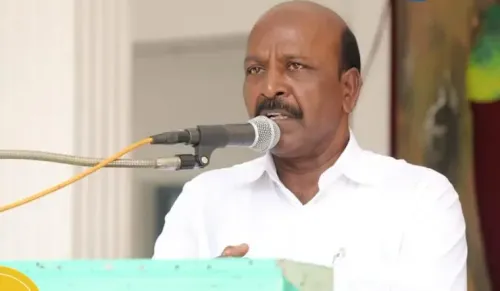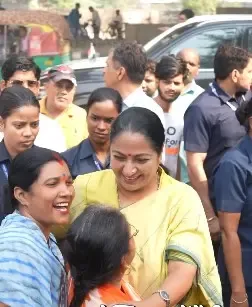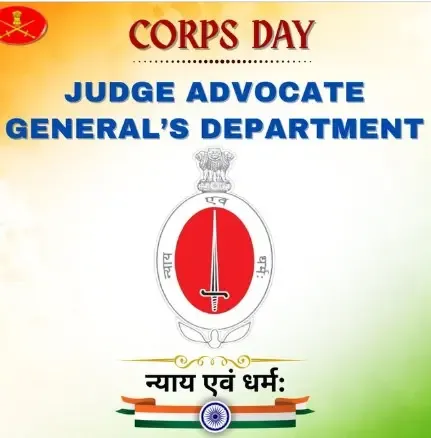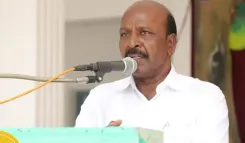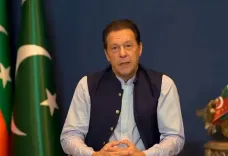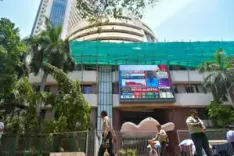Supreme Court Collegium Proposes Two Judicial Officers for J&K and Ladakh HC
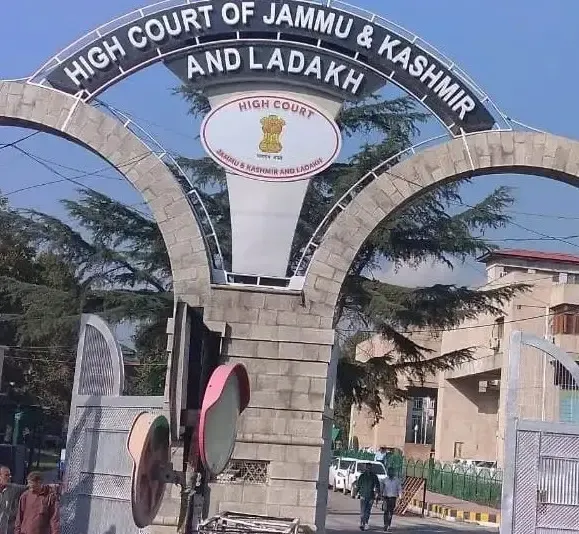
Synopsis
Key Takeaways
- Supreme Court Collegium recommends two judicial officers.
- Judicial officers are Sanjay Parihar and Shahzad Azeem.
- Proposal initiated by Chief Justice of Jammu & Kashmir.
- The process follows the memorandum of procedure.
- Recommendations sent to the Union Minister of Law & Justice.
New Delhi, April 16 (NationPress) The Supreme Court Collegium, led by Chief Justice of India (CJI) Sanjiv Khanna, has put forth a recommendation for the appointment of two judicial officers to serve as Judges of the High Court of Jammu & Kashmir and Ladakh.
This recommendation includes judicial officers Sanjay Parihar and Shahzad Azeem, based on prior suggestions made by the Chief Justice of the Jammu & Kashmir and Ladakh High Court, in collaboration with his two senior-most colleagues.
According to a resolution posted on the apex court's website, the Supreme Court Collegium convened on April 16, 2025, and endorsed the proposal for the appointment of the following judicial officers as judges: (i) Shri Sanjay Parihar, and (ii) Shri Shahzad Azeem.
As stipulated in the memorandum of procedure (MoP) governing the selection of High Court judges, the initiation of the appointment proposal must come from the Chief Justice.
Should the Chief Minister wish to recommend any individual, they must submit that name to the Chief Justice for consideration.
The Governor, acting on the Chief Minister's advice, is required to forward their recommendation along with all relevant documentation to the Union Minister of Law & Justice as promptly as possible, and no later than six weeks after receiving the proposal from the Chief Justice of the High Court. If no feedback is provided within this timeframe, the Union Minister will assume that the Governor (or Chief Minister) has no additional input regarding the proposal and will proceed accordingly.
The Union Minister of Law & Justice will evaluate the recommendations based on any other reports available concerning the candidates under review. The complete documentation will then be sent to the Chief Justice of India for further advice. Following consultations with the two senior-most Judges of the Supreme Court, the Chief Justice of India will form an opinion regarding the recommended candidates for High Court appointments.
After these discussions, the Chief Justice of India will dispatch his recommendations to the Union Minister of Law & Justice within four weeks.
Furthermore, according to the MoP, once the appointment warrant is signed by the President, the Secretary of the Department of Justice will notify the Chief Justice, and a copy of this communication will be sent to the Chief Minister, who will subsequently announce the appointment and issue the necessary Gazetted notification.


